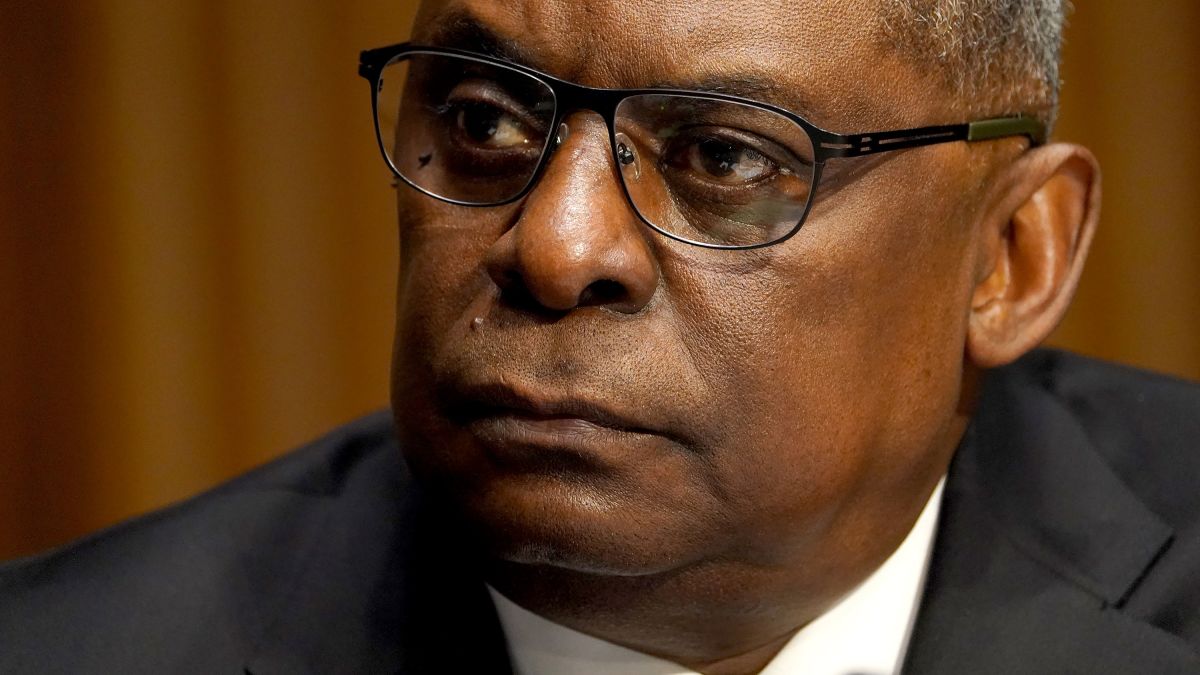U.S. Commerce Secretary Gina Raimondo concluded her visit to China on Wednesday. She was preceded by Secretary of State Antony Blinken, Treasury Secretary Janet Yellen and John Kerry, currently Joe Biden's chief climate advisor.
Chang points out that while these American political heavyweights have traveled to Beijing, no ranking Chinese officials have visited the U.S. in return. That's a clear sign of weakness, Chang explained on Washington Watch Wednesday.
"The problem here is that we are giving the Chinese the impression that we ourselves believe that we are supplicants to China because this is unprecedented in the straight visits to Beijing without a return visit," Chang told show host Jody Hice.
The same day that Raimondo announced she was visiting China, 27 Chinese companies were removed from the U.S. "unverified list." In March, the U.S. had added 14 Chinese companies to the list while also adding companies from nine other countries.
 Foreign businesses that make it to on the list could be limited in their ability to buy U.S. technology and could face greater trade restrictions and transparency requirements. To no one's surprise, the Chinese Embassy in the U.S. responded joyfully to the news that 27 companies now operate with good standing.
Foreign businesses that make it to on the list could be limited in their ability to buy U.S. technology and could face greater trade restrictions and transparency requirements. To no one's surprise, the Chinese Embassy in the U.S. responded joyfully to the news that 27 companies now operate with good standing.
"We welcome the U.S. decision to remove Chinese entities from the 'unverified list,'" spokesman Liu Pengyu wrote on X, formerly Twitter. "It shows that [the countries] can address specific concerns through communication based on mutual respect. China will continue to firmly defend its lawful rights and interests."
U.S. the lopsided loser in relationship with China
But what is the U.S. getting in return? Chang answered that question:
"The only thing that we got … was the right for Secretary Raimondo to go to Beijing. I think this probably was a condition that the Chinese imposed, taking the 27 companies off the unverified list of the Commerce Department." And that, he added, was a "really wrong" decision.
"If you're going to make a concession, you should get a concession at the same time," Chang argued. "Sending the Commerce secretary to Beijing should not be viewed as a concession [by them] because right now China needs us much more than we need China. The American economy is chugging along; I mean, there are problems, of course, but we're chugging along [while] China is falling apart."
In fact, President Joe Biden has called China's economy a "ticking time bomb."
China still ranks second among world economies by Gross Domestic Product. However, the nation has struggled on several fronts this year ranging from an inability to spark growth, to record unemployment for the young, low foreign investment and weak exports and currency, according to the BBC.
The slumping real estate market seems to be the central issue, the result in part of government's decision to limit how much money developers could borrow.

"They need foreign business. They need American business, so we've given them a big favor [by sending members of the administration] and gotten nothing in return," Chang said.
The administration's apparent interest in gaining favor with China comes amid allegations of inappropriate dealings with China from Joe Biden and his son, Hunter Biden. The China angle is one layer in what looks like an influence-peddling scheme by the Bidens going back to Joe Biden's time as vice president.
Chang says the favor shown by the administration will only embolden the Chinese. "What these visits do is it makes it harder for the administration to accomplish its own goals because they're making the Chinese more arrogant," he said.
The noted author also suggested it is possible U.S. policy is being shaped by something as simple as two neighbors having coffee on the back porch, noting that Blinken and former U.S. Secretary of State Henry Kissinger are in close contact.
"Secretary Blinken talks a lot to Henry Kissinger; they basically live in the same building. Kissinger's been warning about war. In June, he said that war between China and the United States over Taiwan is 'probable.' So, I guess the Biden team is trying to desperately prevent a war, but what they're doing is actually accelerating it by making the Chinese even more emboldened," Chang said.
U.S. commerce secretary trying to play it both ways
Chang speculates that Raimondo is straddling the fence. "Maybe the Commerce secretary knows that American business is going to leave China anyway. So, she doesn't want to say, 'Oh, you should leave China' because she doesn't want to be blamed for the severing of relations," he said.
 Chang pointed out Raimondo's visit also included discussions on America's national security restrictions on Chinese companies and on tourism. "What we're doing by sending tourists to China is just increasing the number of potential hostages because China has been taking hostages, including Americans," he said.
Chang pointed out Raimondo's visit also included discussions on America's national security restrictions on Chinese companies and on tourism. "What we're doing by sending tourists to China is just increasing the number of potential hostages because China has been taking hostages, including Americans," he said.
Xi Jinping, the general secretary of the Chinese Communist Party, has said he wants a stable relationship with the U.S. But Chang says the relationship is too one-sided for stability.
"By 'stable' they mean the end of all American defensive measures," Chang said. "That sounds nice, but if there's instability in the relationship – and there certainly is – it's because of China, not because of the United States. They don't want to give us anything. It can be a frightening scenario that is unfolding before us."
Gordon Chang is author of "The Great U.S.-China Tech War."







